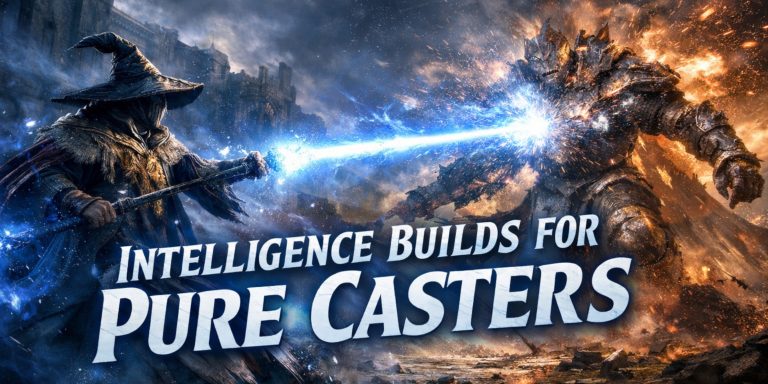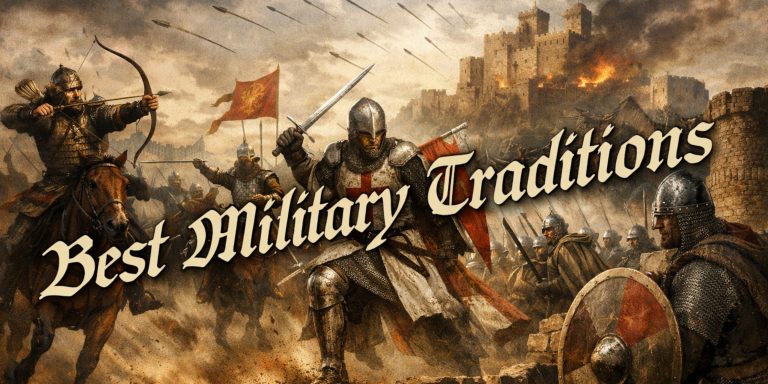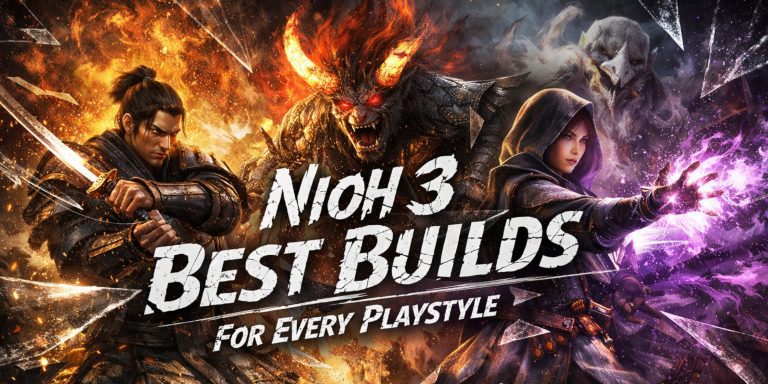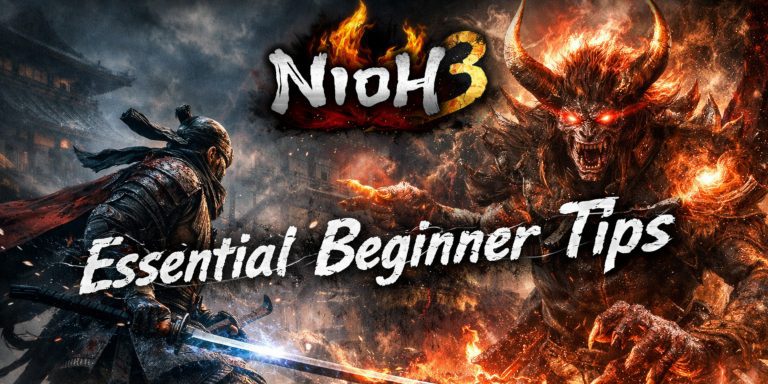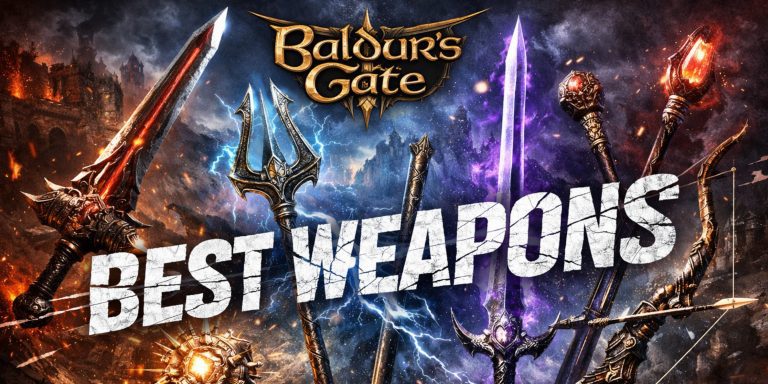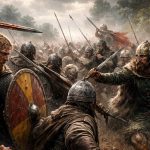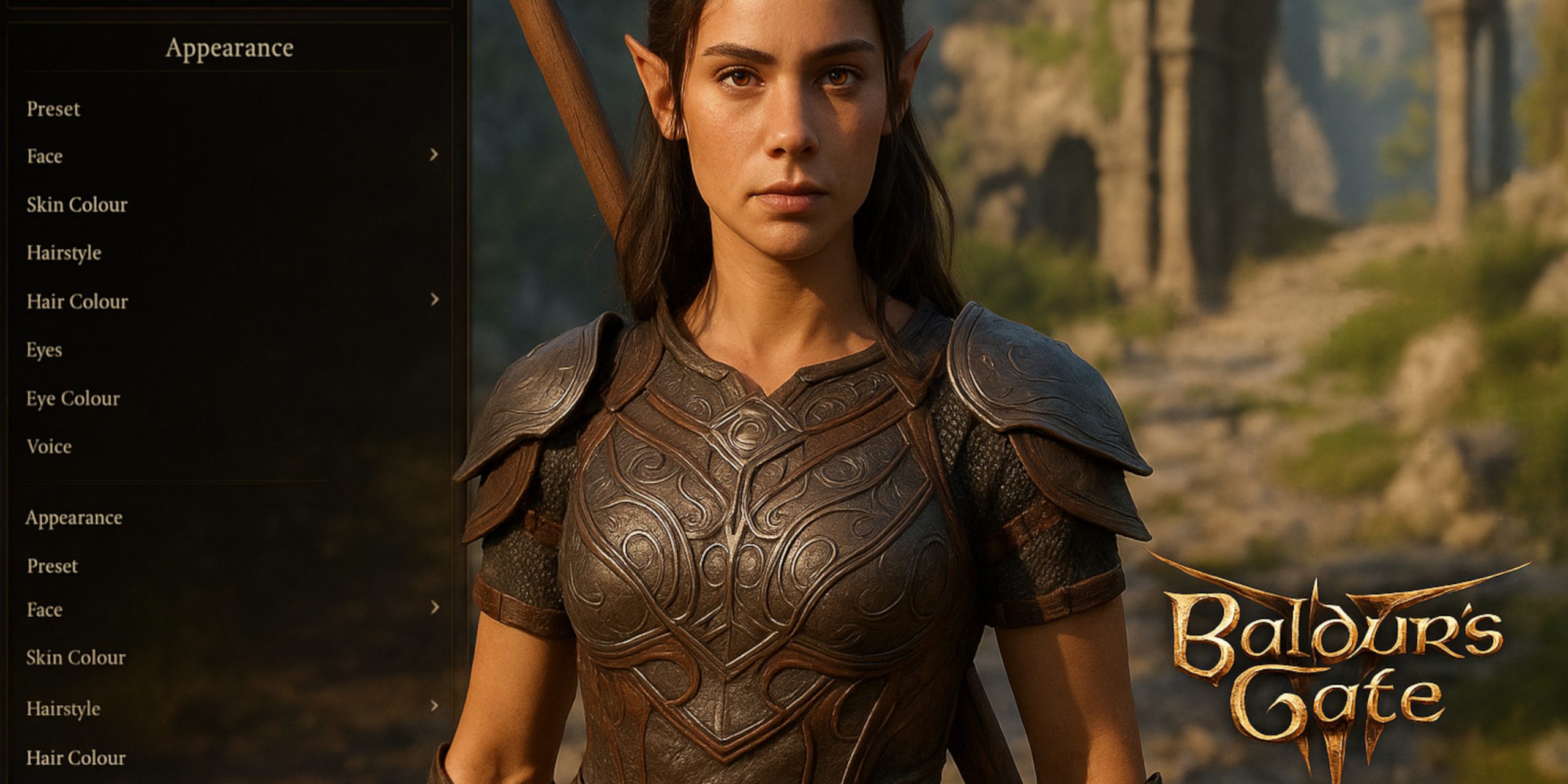
Character creation in Baldur’s Gate 3 is like ordering a mystery burrito. You think you know what you’re getting, then three hours later you realise you’ve accidentally made a chaotic neutral bard who romances everyone and can’t win a single fight. It’s part of the charm, really. Larian has built one of the most flexible RPG systems ever, but that freedom can feel overwhelming if you don’t know where to start.
Let’s break down how to make your first (or tenth) character not just powerful, but genuinely fun to play.
Know Your Playstyle Before You Touch the Slider
Before you even open the character creator, ask yourself: do you want to be sneaky, tanky, persuasive, or purely chaotic? Your answer matters more than your stats.
If you hate micromanagement, skip spell-heavy classes. If you love outsmarting NPCs with dialogue checks, load up on Charisma. Think of it less like min-maxing and more like role-playing sanity insurance.
Example starter pairings:
- Paladin: Great for heroic vibes, dialogue checks, and occasionally smiting your problems.
- Rogue: Perfect if you want to sneak, steal, and stab without anyone knowing.
- Warlock: Charisma-based spellcaster who can smooth-talk through quests while doing eldritch damage.
- Cleric: Surprisingly strong, especially if you pick a deity that matches your personality (or sense of irony).
Backgrounds Actually Matter
Your background determines how you gain inspiration and how NPCs perceive you. It’s easy to gloss over, but it can completely shift how certain scenes play out.
If you want easy inspiration points:
- Charlatan: Great for talkers and tricksters.
- Soldier: Best for martial characters and role-played veterans.
- Sage: Perfect for lore nerds and arcane types.
- Urchin: Excellent for street-smart builds and stealth lovers.
Pick a background that suits how you plan to act, not just your class.
Don’t Panic About Stats
You can respec. Truly. Withers, the crypt resident who looks like he hasn’t blinked in three centuries, will happily fix your mistakes for a small fee. So, experiment.
Still, here’s a quick sanity guide:
- Melee fighters: Prioritise Strength and Constitution.
- Ranged fighters: Focus on Dexterity.
- Spellcasters: Invest in your casting stat (Intelligence, Wisdom, or Charisma).
- Everyone: Constitution always matters. If you keep dying, that’s why.
Race Isn’t Just Cosmetic
Your race affects movement, resistances, and dialogue. Elves spot traps more easily, Githyanki can teleport with Misty Step, and Tieflings get free fire spells.
If you’re new, pick something with clear bonuses. Humans are balanced but kind of boring. Half-Elves are flexible and excellent for Charisma builds. Dwarves are walking tanks.
And yes, Githyanki are overpowered, especially early game. If you don’t mind looking like an interdimensional lizard with an attitude problem, they’re worth a shot.
Don’t Sleep on Skills
Skills determine how you handle the hundreds of dice rolls lurking in the dialogue system. Think of them as your social stats, not your combat ones.
Top picks for first runs:
- Perception: Helps you spot traps and secrets.
- Insight: Useful for reading people.
- Persuasion: Saves you from a lot of fights.
- Sleight of Hand: Turns you into a walking lockpick.
You can’t have everything, so let your companions fill the gaps. Shadowheart is great for stealth and locks, Astarion handles traps, and Gale… well, Gale explodes.
Don’t Overthink Appearance
You’ll spend more time zoomed out than staring at your cheekbones. Still, it’s worth taking your time if immersion matters to you. Baldur’s Gate 3 has incredible facial animation, so your custom character will actually emote convincingly in cutscenes.
Pro tip: keep your design grounded. A demon-horned elf with pink hair looks cool, but not if you’re trying to role-play a stoic cleric of Tyr. Unless you want to, of course.
Alignment Doesn’t Lock You In
There’s no formal alignment system, but your dialogue and decisions still shape your morality. Want to be a good-hearted drow? Go for it. Fancy playing a vampire spawn with impeccable manners? Also fine.
The beauty of BG3 is that your actions, not your labels, define you. Just know that NPCs remember everything.
Roleplay Over Raw Power
The most memorable runs are the ones where you lean into your character’s quirks. Don’t pick every “good” or “optimal” choice. Say something stupid, make the wrong decision, and let the chaos unfold.
Half the fun is watching your carefully planned hero spiral into nonsense because you failed one persuasion check by a single point.
The Seven Swords Takeaway
Building your first Baldur’s Gate 3 character is like dating your own brain. You’ll find out what kind of player you are, what chaos you’re drawn to, and what kind of story you actually want to tell. So don’t chase perfection. Chase personality.
Your character isn’t supposed to be flawless. They’re supposed to be interesting.
Watch the video:

